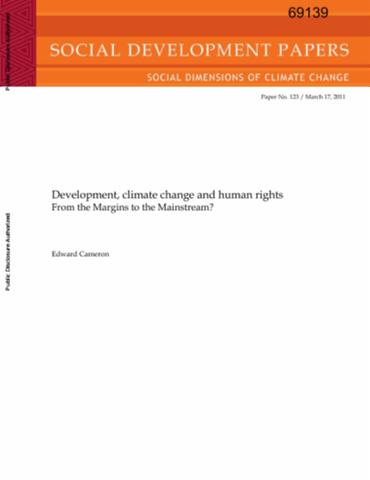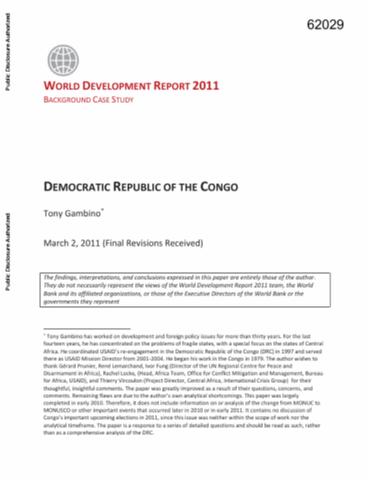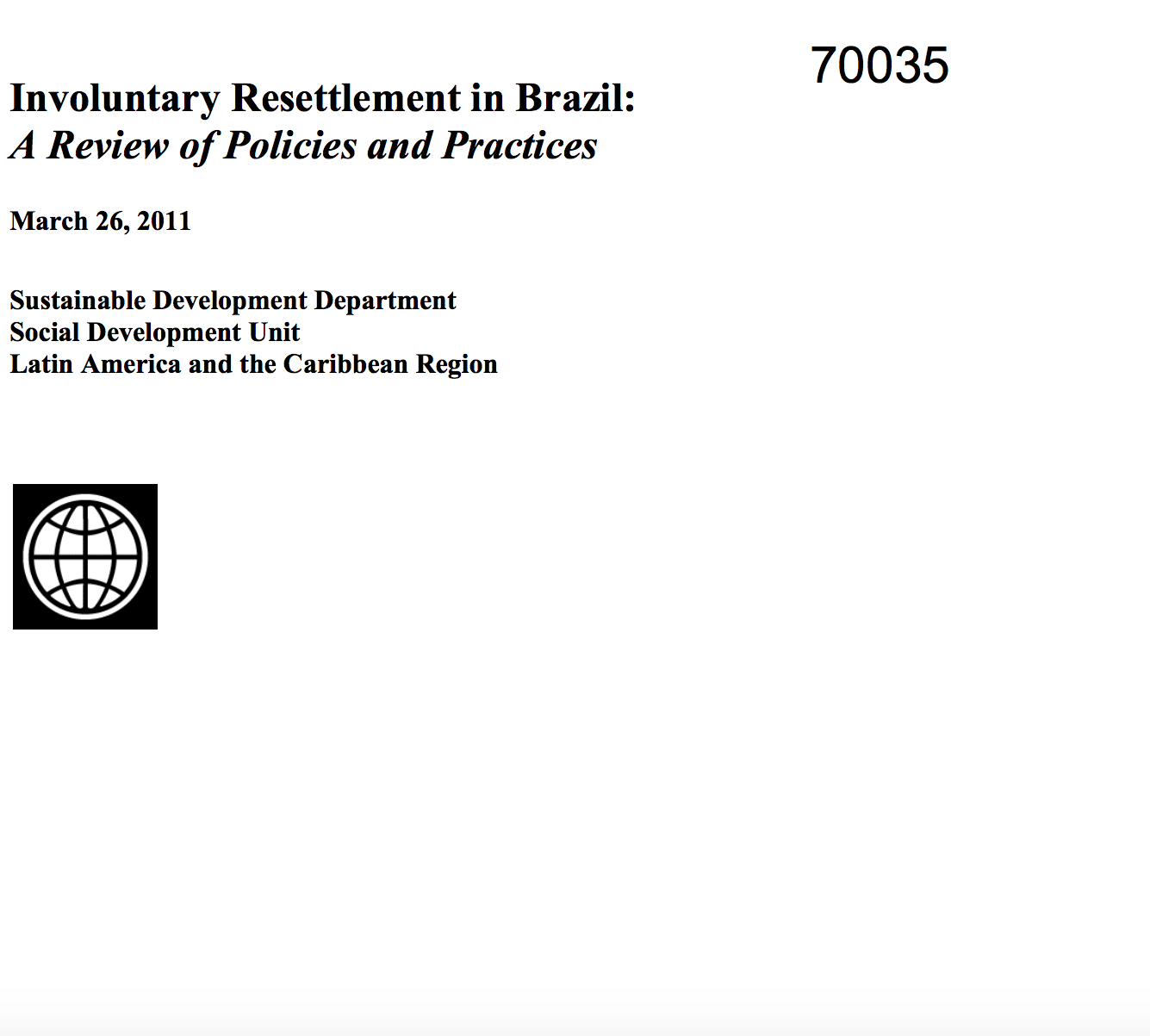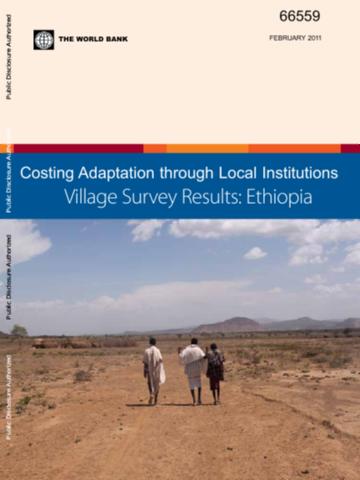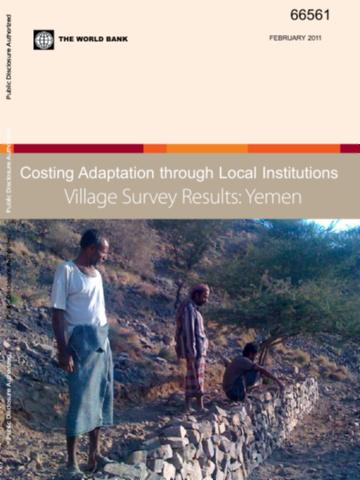The World Bank is a vital source of financial and technical assistance to developing countries around the world. We are not a bank in the ordinary sense but a unique partnership to reduce poverty and support development. The World Bank Group has two ambitious goals: End extreme poverty within a generation and boost shared prosperity.
- To end extreme poverty, the Bank's goal is to decrease the percentage of people living on less than $1.25 a day to no more than 3% by 2030.
- To promote shared prosperity, the goal is to promote income growth of the bottom 40% of the population in each country.
The World Bank Group comprises five institutions managed by their member countries.
The World Bank Group and Land: Working to protect the rights of existing land users and to help secure benefits for smallholder farmers
The World Bank (IBRD and IDA) interacts primarily with governments to increase agricultural productivity, strengthen land tenure policies and improve land governance. More than 90% of the World Bank’s agriculture portfolio focuses on the productivity and access to markets by small holder farmers. Ten percent of our projects focus on the governance of land tenure.
Similarly, investments by the International Finance Corporation (IFC), the World Bank Group’s private sector arm, including those in larger scale enterprises, overwhelmingly support smallholder farmers through improved access to finance, inputs and markets, and as direct suppliers. IFC invests in environmentally and socially sustainable private enterprises in all parts of the value chain (inputs such as irrigation and fertilizers, primary production, processing, transport and storage, traders, and risk management facilities including weather/crop insurance, warehouse financing, etc
For more information, visit the World Bank Group and land and food security (https://www.worldbank.org/en/topic/agriculture/brief/land-and-food-security1
Resources
Displaying 4611 - 4615 of 4907Development, Climate Change and Human Rights from the Margins to the Mainstream?
Since 2005, a growing number of vulnerable communities and nations have used the human rights lexicon to argue their case for an urgent and ambitious response to climate change. The purpose of this Social Development Department Working paper is to examine the emergence of a new discourse linking climate change and human rights, and to assess its social and political implications, particularly as they relate to development practitioners.
Democratic Republic of the Congo
The Democratic Republic of the Congo (DRC) has been described by one senior African diplomat at the United Nations as a 'state in the making; it is not yet a state.' Further, this 'state in the making' also is a state that, with few exceptions, has been in decline since the early 1970s. The colonial era, from 1885 until 1958, was a period of nearly uninterrupted state construction; the hegemony of the Belgian colonial apparatus steadily deepened.
Involuntary Resettlement in Brazil: A Review of Policies and Practices
1. As Brazil embarks on a period of intensive infrastructure development—fueled by the upcoming World Cup, Olympics, and the government‘s ongoing Growth Acceleration Plan—it is an opportune time to review its experiences with land acquisition and displacement of affected persons, and to assess the extent to which its resettlement practices match up to international standards.
Costing Adaptation through Local Institutions
In Ethiopia, village surveys were conducted in six villages and two expert workshops were organized to discuss the organization of the study and to evaluate the draft results. Based on household surveys, focus group discussions, and institutional stakeholder interviews, we assessed household vulnerability, analyzed the strategies households adopt to reduce the hazards faced, and evaluated the assistance households receive from institutions. Vulnerability profiles were formulated, which show that household vulnerability differs substantially among and within villages.
Costing Adaptations through Local Institutions
The objectives of the Costing Adaptation through Local Institutions (CALI) study were (a) to identify the costs of adaptation through local institutions, and (b) to investigate which institutions help households adapt to climate variability, which efforts and costs are needed to realize the adaptation options, and how they facilitate adaptation to climate variability. The study was carried out in Ethiopia, Mali, and Yemen. This report discusses the results for Yemen.






